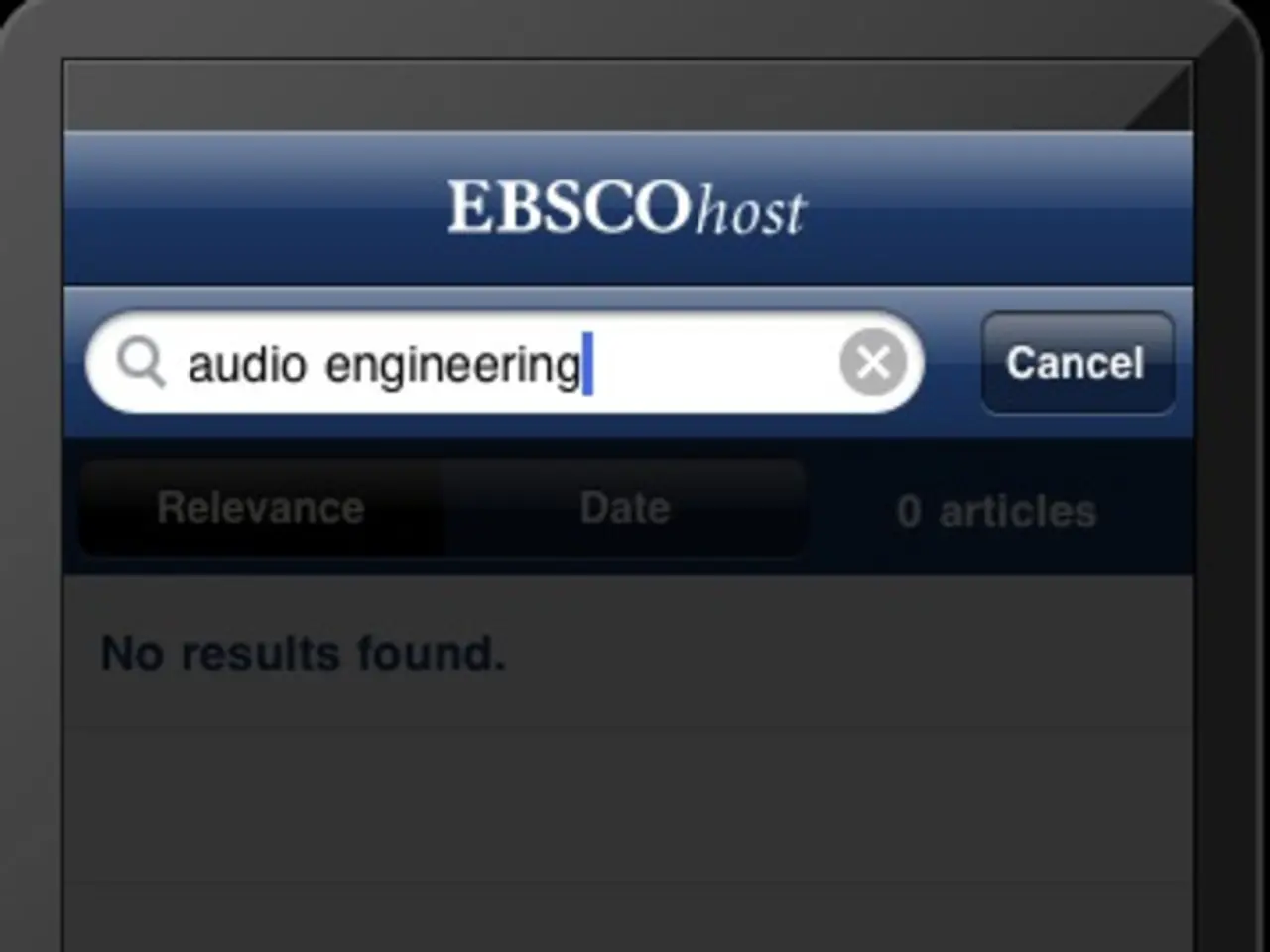Mastering English on-the-go through smartphone applications
Mobile apps have transformed the way we learn English, offering convenient, accessible, and personalized learning experiences that cater to all language skills such as vocabulary, grammar, listening, speaking, reading, and writing.
These apps make learning interactive and engaging through gamified elements like quizzes, flashcards, challenges, and progress tracking. They adapt to the learner’s level and progress using AI, provide immediate feedback, and support learning anytime and anywhere, promoting consistent practice.
One of the key advantages of mobile apps is their ability to cater to varying learning styles, whether auditory, visual, or kinesthetic, aiding in more effective and enjoyable language acquisition. Apps like Babbel offer a personalized learning experience that tailors lessons to the user's skill level and goals.
Mobile apps have also integrated virtual reality (VR) to offer immersive linguistic environments, where learners can engage with native speakers and cultural contexts. Duolingo, a widely utilized language-learning platform, uses adaptive algorithms to provide customized content based on individual performance. LingQ immerses users in a repository of content across various fields of interest, supporting learners in understanding nuances and expanding their lexicon.
Some apps incorporate speech recognition technology to provide instantaneous feedback on pronunciation and speaking skills, simulating a conversation with a tutor. Apps like Tandem and HelloTalk connect users with native speakers around the globe, allowing learners to engage in conversations and exchange language skills. Rosetta Stone emphasizes learning by context rather than translation, simulating real-life conversations using native speakers' audio.
The use of VR in language learning apps is a promising future trend, as it holds the potential to expand realistic language practice and make learning more engaging and effective. Real-world immersion is a vital component of language learning, and mobile apps offer opportunities to practice speaking, listening, reading, and writing in authentic contexts.
Key impacts of mobile apps include personalized learning, multimodal engagement, gamification, flexibility, and community and AI support. Personalized learning tailors courses to individual goals and proficiency, using AI or community feedback to adjust difficulty and focus. Multimodal engagement combines reading, listening to native-speaker videos, speaking practice, and interactive games, creating richer learning contexts that aid retention and fluency.
Gamification elements like streaks, XP points, leaderboards, and timed challenges increase learner motivation and regular use. Flexibility allows learners to practice anytime on mobile devices, making learning fit daily schedules and maintaining consistency. Community and AI support provide authenticity and fluency training beyond traditional textbook methods.
Overall, English learning mobile apps have made language acquisition more engaging, adaptive, and effective by leveraging technology, interactive content, and real-time feedback, thereby transforming traditional methods into dynamic digital experiences. By blending apps with other language learning strategies, learners can enrich their learning experience and advance towards fluency more effectively.
Listening exercises are integrated into mobile apps for education-and-self-development, catering to diverse learning styles and promoting effective language acquisition. These exercises often utilize speech recognition technology for instantaneous feedback, helping learners improve their pronunciation and speaking skills.
Lifestyle has been significantly influenced by the integration of technology into learning platforms such as mobile apps, offering convenient and personalized English learning experiences anytime, anywhere, thereby making learning an active part of a learner's daily routine.




